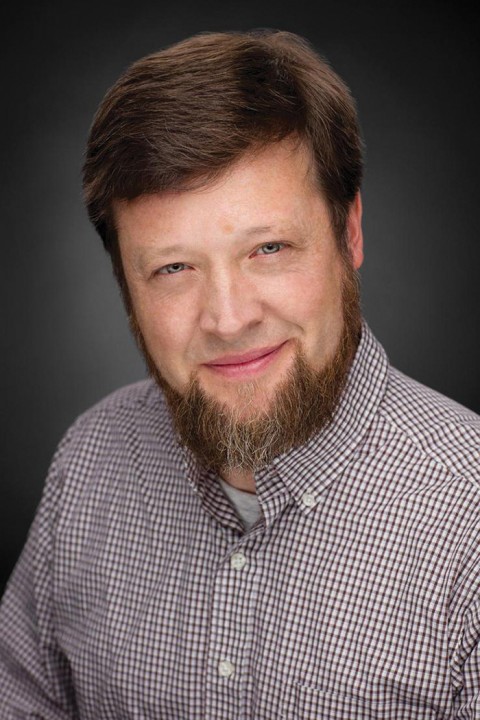Writing about the Amish without romance
“I tried to remember that these are human beings, not caricatures.”

Read the main article, Valerie Weaver-Zercher's review of Williams's book.
David Williams is the author of When the English Fall, a novel that portrays the relationships between an Amish community and their neighbors after a solar storm destroys technology. Williams is pastor of Poolesville Presbyterian Church in Maryland. His blog Beloved Spear is part of the CCblogs network.




